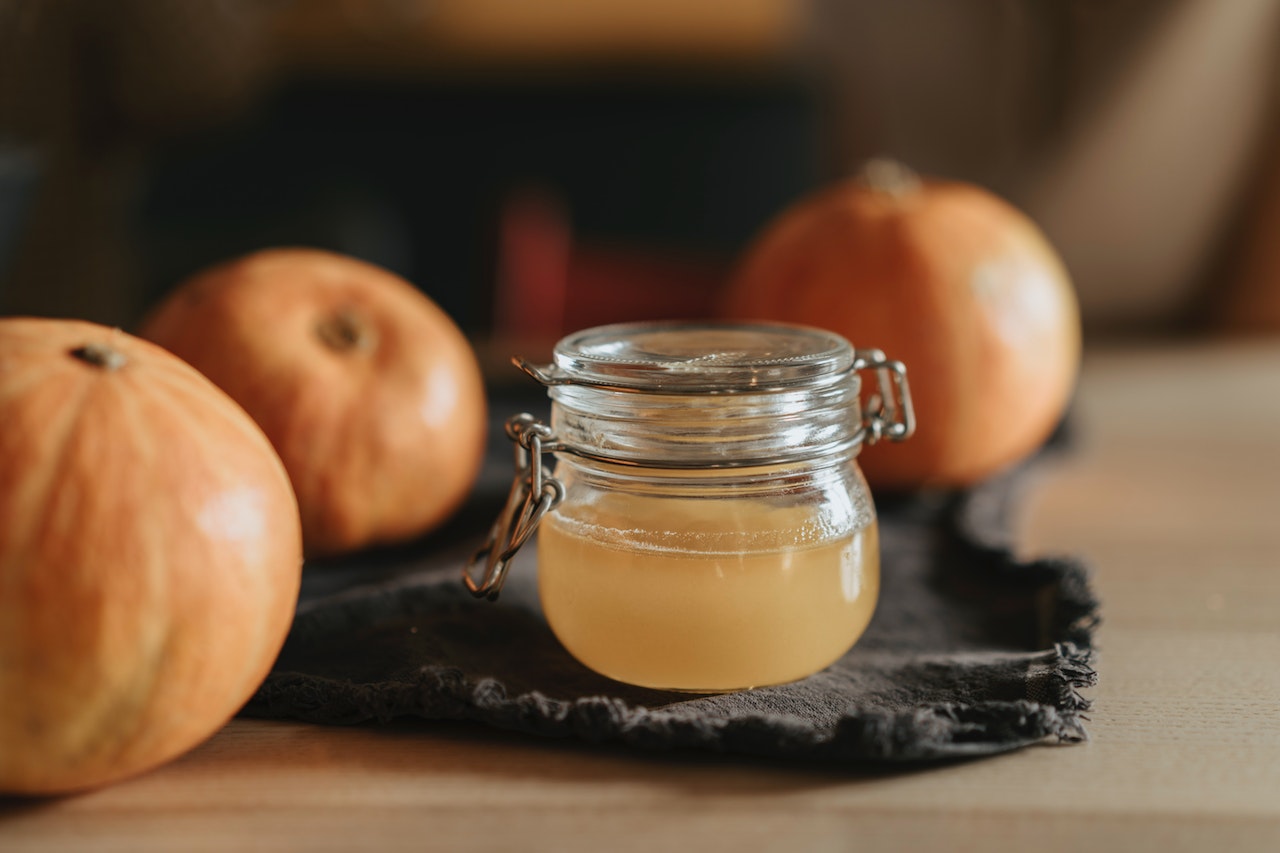Blood sugar or glucose is the concentration of glucose that is present in blood at all times. In fed state, most of glucose in blood comes through diet. In fasting state, glucose concentration in blood is maintained either by using glycogen stored in lever and muscles (glycogenolysis) or by gluconeogenesis. Normal level of blood sugar is 70 to 130 mg/dL.
Regulation of Blood Glucose in Body
Glucose in blood is maintained by glucose homeostasis. Pancreas secretes two hormones and they are primarily responsible to regulate glucose levels in blood. Insulin (released by beta-cells of pancreas) is a type of hormone that lowers blood glucose when we have excess of it while glucagon (released by alpha-cells of pancreas) is a type of hormone that increases blood glucose when our body has deficiency of it.
Effect of Fiber on Blood Glucose
Fibers slow the absorption of sugar and fat from food. Thus fiber prevents the spike of blood glucose and blood fat. Fiber provides important nutrition for the microorganisms that live in our gut. These microorganisms flourish on fiber and maintain normal nutrient absorption, immune function, and bowel function.
Studies have demonstrated that incorporation of fiber in daily diet has significant reduction in fasting glucose, fasting insulin, glycated-hemoglobin, and insulin sensitivity for diabetic patients. In one study, it has been concluded that water soluble fiber present in psyllium can significantly reduce glucose metabolism and lipids in diabetic patients when psyllium is combined with normal diet. See also: Sources of soluble and insoluble fibers.
Vinegar and Blood Glucose Control
Vinegar has long been used worldwide as a basic seasoning in the preparation and cooking of certain foods. It adds flavor to vegetable and meat products. It is one of the ingredients of salad dressings, sauces, such as tabasco, and tomato products, such as ketchups, and mustard. Vinaigrette is made by mixing vinegar, oil and salt, and it can be used as a condiment for salad and as a sauce for cold, cooked vegetables, meat, and fish.
Short term studies have confirmed that daily vinegar intake in amounts of ∼10–30 mL (∼2–6 tablespoons) appear to improve the glycemic response to carbohydrate-rich meals improves blood glucose in humans.
However, people who have kidney problems or ulcers should avoid the use of vinegar. Large amounts of apple cider vinegar can result in reduced potassium levels in addition to side effects like tooth enamel erosion (drinking straw may be used to avoid enamel erosion).
Food Order and Control of Blood Glucose
Eating vegetables and proteins before carbohydrates during a meal may achieve substantial reductions in blood sugars and insulin levels. Study has indicated that Vegetable-Meat-Rice food intake sequence attenuates the glycemic response without any increased demand for insulin. The sequence of food intake has great potential behavioral strategy to regulate glycemic response in healthy adults.
See Also: Blood Glucose: Control it with Exercise
Source
[1] McMillin JM. Blood Glucose. In: Walker HK, Hall WD, Hurst JW, editors. Clinical Methods: The History, Physical, and Laboratory Examinations. 3rd edition. Boston: Butterworths; 1990. Chapter 141. Available from: https://www.ncbi.nlm.nih.gov/books/NBK248/
[2] Stephen L. Aronoff, Kathy Berkowitz, Barb Shreiner, Laura Want; Glucose Metabolism and Regulation: Beyond Insulin and Glucagon. Diabetes Spectr 1 July 2004; 17 (3): 183–190. https://doi.org/10.2337/diaspect.17.3.183
[3] Ting Mao, Fansu Huang, Xuping Zhu, Dong Wei, Lianmeng Chen, Effects of dietary fiber on glycemic control and insulin sensitivity in patients with type 2 diabetes: A systematic review and meta-analysis, Journal of Functional Foods, Volume 82, 2021, 104500, ISSN 1756-4646, https://doi.org/10.1016/j.jff.2021.104500.
[4] Abutair, A.S., Naser, I.A. & Hamed, A.T. Soluble fibers from psyllium improve glycemic response and body weight among diabetes type 2 patients (randomized control trial). Nutr J 15, 86 (2016). https://doi.org/10.1186/s12937-016-0207-4
[5] Heitor O. Santos, Wilson M.A.M. de Moraes, Guilherme A.R. da Silva, Jonato Prestes, Brad J. Schoenfeld, Vinegar (acetic acid) intake on glucose metabolism: A narrative review, Clinical Nutrition ESPEN, Volume 32, 2019, Pages 1-7, ISSN 2405-4577, https://doi.org/10.1016/j.clnesp.2019.05.008.
[6] Sun L, Goh HJ, Govindharajulu P, Leow MK, Henry CJ. Postprandial glucose, insulin and incretin responses differ by test meal macronutrient ingestion sequence (PATTERN study). Clin Nutr. 2020 Mar;39(3):950-957. https://doi.org/10.1016/j.clnu.2019.04.001

Leave a Reply